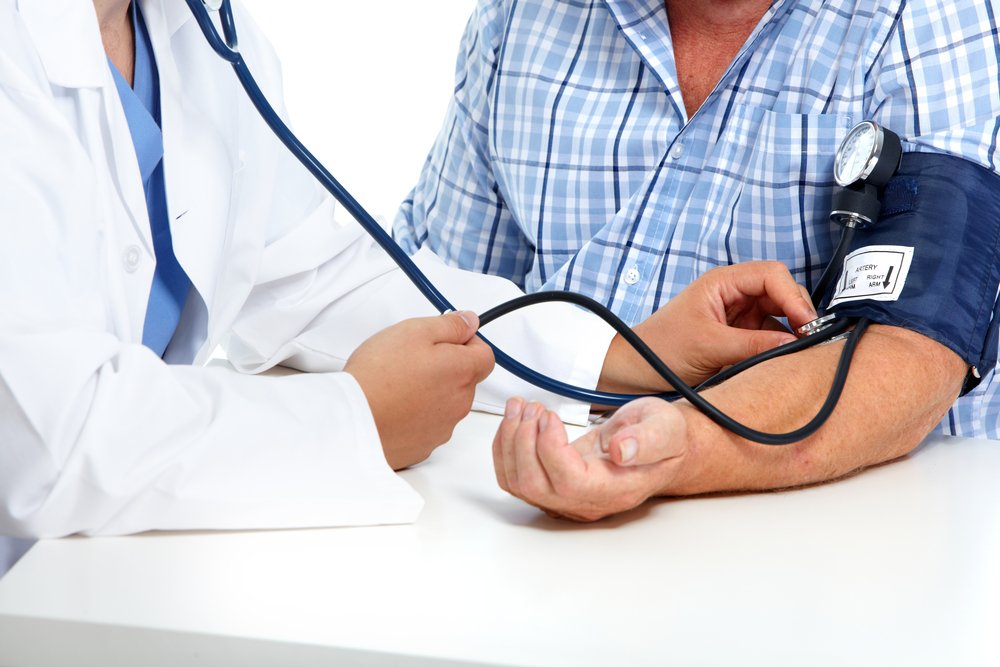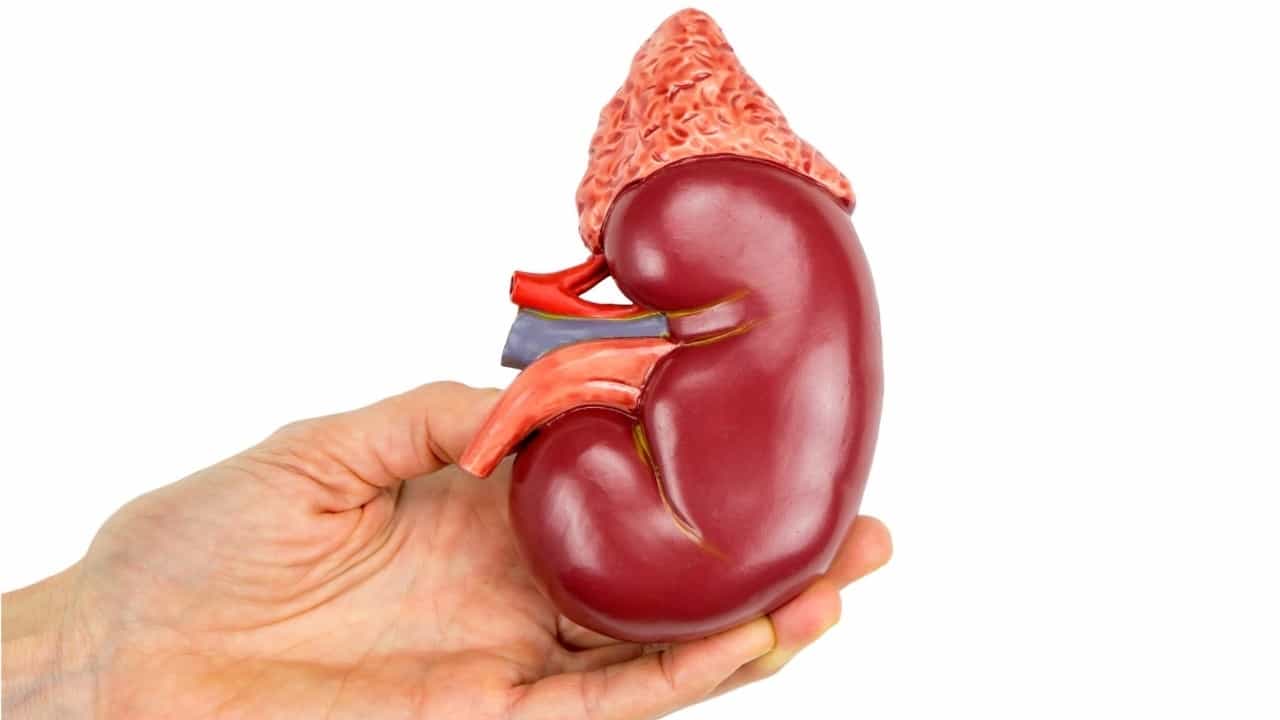Contents:
- Medical Video: 8 Signs Of Overtraining And What To Do About It
- Signs you need to stop the exercise that is being done
- 1. Discomfort in the chest
- 2. Shortness of breath
- 3. Concussion
- 4. Dizziness
- 5. Back pain
- 6. Fever
- 7. Swelling or joint pain
- 8. Fatigue
Medical Video: 8 Signs Of Overtraining And What To Do About It
Exercise is very beneficial for the body, but that does not mean you have to force yourself. Knowing when to stop sports can indeed be very confusing. However, Katie Rothstein, M.Sc., a physiologist at the Cleveland Clinic, said that the key is to feel your own body. To find out, the following physical signs might help you make a decision.
Signs you need to stop the exercise that is being done
If you feel one of the following symptoms, then you should stop immediately:
1. Discomfort in the chest
This does not mean you have to experience chest pain. If you feel pressure or discomfort in the chest, stop exercising. If symptoms including nausea or excessive sweating exceed normal levels when you exercise, you may be in the early stages of a heart attack. If your heart is beating fast, you may have atrial fibrillation, which is an irregular heartbeat.
2. Shortness of breath
This is different from running out of breath due to exercise. If you have been exercising easily for weeks and suddenly can't breathe normally when doing so, then that means something is wrong. This can indicate heart problems or asthma triggered by exercise.
3. Concussion
Don't exercise or participate in any sport until the doctor says it's safe to do it, even if you feel fine. Concussion is a traumatic brain injury, and your brain needs some time to heal perfectly. If another head injury occurs because exercise done before the first injury heals, the brain will have an increased risk of swelling and great potential damage.
4. Dizziness
This can be caused by dehydration or lack of food. If water and high-protein snacks cannot clear your head, you may experience underlying medical problems. If dizziness is accompanied by confusion, sweating a lot, or fainting, then you need emergency help. Your body may remind you of problems involving blood pressure, nervous system, heart valves, or even diabetes.
5. Back pain
Take a break for a few days and pay attention to the condition of the body, whether better or worse. In addition, you also have to observe what causes pain. Try to avoid movements that trigger pain to speed healing.
6. Fever
Fever shows that the body's immune system is fighting infection, so don't be stressed by exercising. If you continue to exercise, be careful not to overheating and dehydration, because body fluids decrease when you have a fever. You might also not get good exercise, because fever increases your resting heart rate which leads to less effective exercise.
7. Swelling or joint pain
Sometimes it doesn't matter if you have mild muscle pain, but joint pain is a different thing. If you ignore severe joint pain, you will be at risk for serious nerve damage and need surgery.
8. Fatigue
You might need morning exercise after a quiet night's sleep so you can start the morning full of energy and enthusiasm. However, if you are too tired you will not only feel tired, but go to the point where your body cannot function properly. Continuous or extreme fatigue may be a sign of certain medical conditions.
Remember that there is a thin line between pushing yourself and pushing yourself too hard. Something excess is not always better. Mild exercise can help prevent, control, and increase some chronic diseases, such as heart disease, cancer, or fibromyalgia, but if you have acute infection, rest is the best thing you can do.
READ ALSO:
- Signs You Have Problems in Controlling Anger
- 3 Signs of the Development of Heart Disease at a Young Age
- Pretend to be sick? You Can Have Munchausen Syndrome












